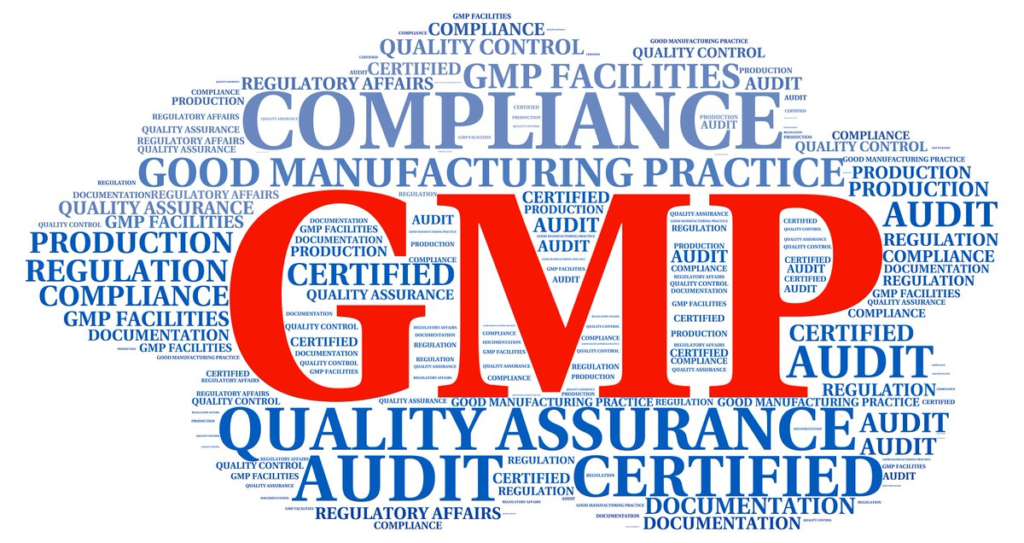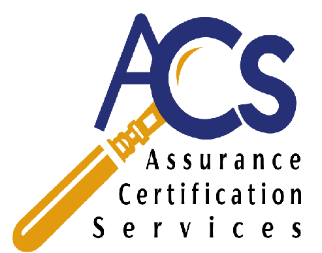Management System Certification
ISO 9001 Quality Management
ISO 9001 specifies the requirements for establishing a quality management system (QMS) to achieve quality policies and objectives. The international standard defines how you must operate to meet customer and stakeholder requirements.
It can also help you to enhance customer satisfaction through effectively implementing a QMS, including processes for system improvement and the assurance of conformity to customer and applicable statutory and regulatory requirements.
ISO 9001 has seven management principles:
Customer focus
Leadership
Engagement of people
Process approach
Improvement
Relationship management
Evidence-based decision-making
Certification follows successful completion of an audit and enables you to:
Operate more efficiently and save money
Meet statutory and regulatory requirements
Reach new markets
Identify and address risks
Increase customer satisfaction and loyalty
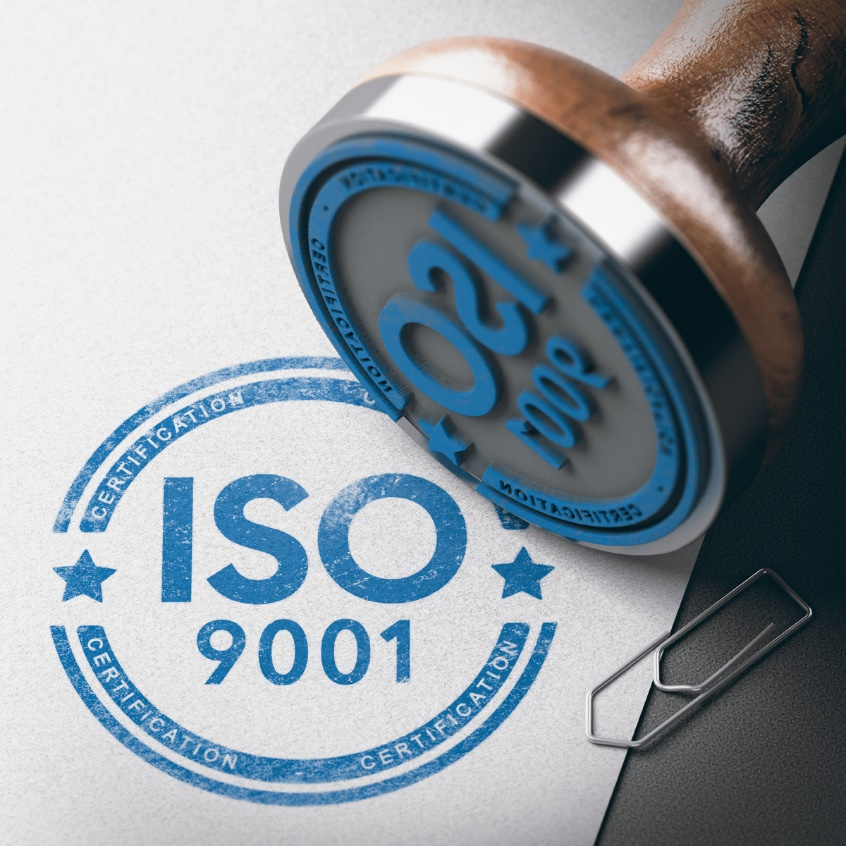
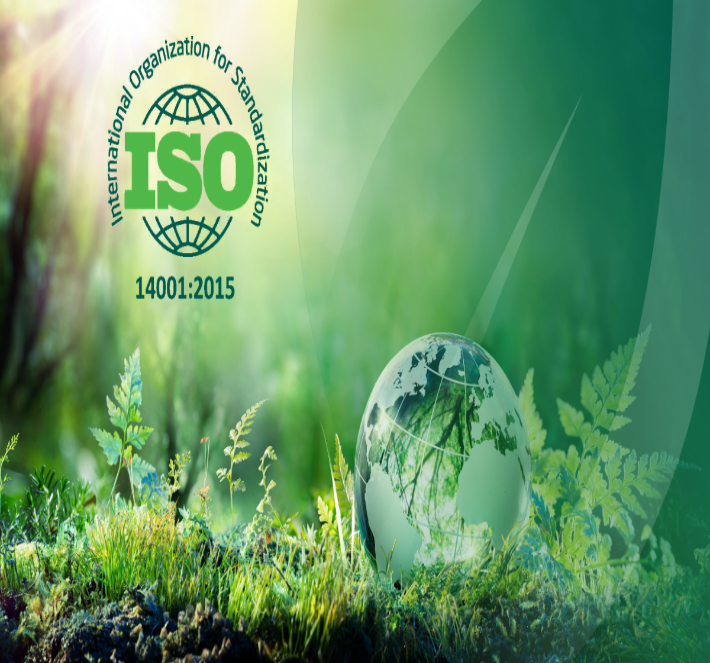
ISO 14001 Environment Management
ISO 14001 applies to all organizations and the environmental aspects of their activities, products and services that can control or influence, from a life-cycle perspective.
The standard specifies environmental management system (EMS) requirements to enhance your organization’s environmental performance. With ISO 14001, you can learn to systematically manage the environmental responsibilities that contribute to sustainability.
An EMS can provide value to the environment, your organization and interested parties. Consistent with your environmental policy, the benefits of an EMS include:
Environmental performance enhancement
Achievement of environmental objectives
Fulfillment of compliance obligations
Brand growth
Risk avoidance.
ISO 45001 Occupational Health & Safety
- An occupational health and safety management system (OHSMS) is fundamental to an organization’s risk management strategy. ISO 45001 is the globally recognized OHSMS standard. It specifies the requirements for an OHSMS and provides guidance on its use.
- The standard applies to any organization that wishes to establish, implement and maintain an OHSMS to improve occupational health and safety, eliminate hazards and minimize risks, including system deficiencies.
- ISO 45001 enables an organization, through its OHSMS, to integrate other health and safety aspects, such as worker wellness and wellbeing. Organizations can also take advantage of occupational health and safety opportunities and address related management system nonconformities.
- What are the benefits of ISO 45001 certification?
- ISO 45001 certification follows successful completion of an audit and enables you to:
- Demonstrate your commitment to occupational health and safety
- Protect your workforce and others under your control
- Achieve occupational health and safety objectives and meet stakeholder expectations
- Eliminate hazards and reduce risks, including system deficiencies
- Take advantage of occupational health and safety opportunities
- Comply with legal and other requirements
- Continually improve occupational health and safety performance
- Address OHSMS management system nonconformities
- The standard can also align with other management systems standards, such as ISO 9001 (quality management) and ISO 14001 (environmental management).

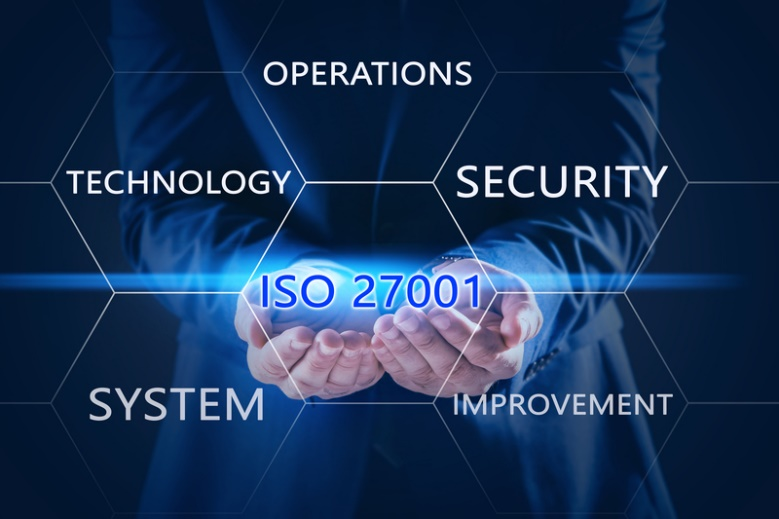
ISO 27001 Information Security Management System
What is ISO 27001?
- ISO 27001:2013 is the international standard that provides a framework for Information Security Management Systems (ISMS) to provide continued confidentiality, integrity and availability of information as well as legal compliance. ISO 27001 certification is essential for protecting your most vital assets like employee and client information, brand image and other private information. The ISO standard includes a process-based approach to initiating, implementing, operating and maintaining your ISMS.
ISO 27001 implementation is an ideal response to customer and legal requirements such as the GDPR and potential security threats including: cybercrime, personal data breaches, vandalism / terrorism, fire / damage, misuse, theft and viral attacks. - So far in 2019, around 32 percent of businesses identified cyber security breaches or attacks in the last 12 months. The ISO 27001 standard is also structured to be compatible with other management systems standards, such as ISO 9001 and it is technology and vendor neutral, which means it is completely independent of any IT platform. As such, all members of the company should be educated on what the standard means and how it applies throughout the organization.
- Achieving accredited ISO 27001 certification shows that your company is dedicated to following the best practices of information security. Additionally, ISO 27001 certification provides you with an expert evaluation of whether your organization’s information is adequately protected. Read on to explore even more benefits of ISO 27001 certification
ISO 50001 Energy Management Systems
- Certification to the ISO 50001 standard ensures that your organization has a healthy energy management system, reducing energy consumption, environmental impact and increasing profitability.
- It specifies requirements for management practices that are important to obtain improved energy performance. Demonstrates to customers, employees, and stakeholders that efficient use of energy is prioritized in your organization and that energy is managed systematically. Allows for credible market communication about energy performance efforts.
What is ISO 50001 ?
- ISO 50001 is a voluntary international standard. It applies to organizations of any size, and provides requirements for establishing, managing and improving their energy consumption and efficiency.
- ISO 50001 is designed to be compatible and harmonized with other system standards, such as ISO 14001 for environmental management systems and ISO 9001 for quality management systems. It is therefore ideal for integrating into existing management systems and processes such as environmental, and health and safety.
- ISO 50001 assists facilities in evaluating and prioritizing the implementation of new energy-efficient technologies and in improving energy efficiency, energy use and consumption. It also creates transparency and facilitates communication on the management of energy resources.
- It promotes energy management best practices and behaviors and provides a framework for promoting energy efficiency throughout the supply chain and facilitates energy management improvements for greenhouse gas emission reduction projects.
Benefits of becoming certified
- Certifying your energy management system to the ISO 50001 standard may benefit your organization in many ways. A certified management system confirms that you are working structured and strategically to reduce the organization’s environmental footprint, and that you are committed to further improvement of environmental management.
- Certification to the standard can contribute to:
- Improvement of energy performance, including energy efficiency, use and energy consumption.
- Reducing environmental impact, including greenhouse gas emissions without affecting operations and simultaneously increasing profitability.
- Continual improvement of the energy management systems.
- Ensuring measurement, documentation, reporting and benchmarking of energy consumption.
- Credible market communication about energy performance efforts.


ISO 37001 - Anti-bribery management systems
he new standard for ISO 37001 Anti-Corruption Management Systems was published by the International Standards Organization (ISO) in 2016. With this standard, what needs to be done to prevent and detect corruption is standardized and designed for both the public and private sectors.
- Thanks to the implementation programs of this standard, organizations are well represented in the international arena,
- Certification of the organization assures suppliers and customers those adequate procedures exist among their counterparts,
- Assisting the organization in establishing, implementing, maintaining, and improving its anti-corruption compliance program,
is intended to identify a set of measures that should be implemented in a reasonable and proportionate manner by organizations.
It deals with both active (payer) and passive (recipient) corruption and therefore an organization’s;
- Corruption of its employees or associates on behalf of or for the benefit of the organization,
- Identifies measures necessary for the organization, its employees, or business partners to address corruption in relation to the organization’s activities.
The ISO 37001 Standard is applicable to all organizations in any country and is flexible and adaptable to a wide variety of organizations, including the public and private sectors. It has the same structure as ISO 9001, ISO 14001, and ISO 45001 and can be easily integrated into management systems already in place.
Today, central government institutions of many countries have made it mandatory to have ISO 37001 certificate and it is foreseen that ISO 37001 will become a requirement for international public procurement activities during the entire product and service realization of the institution.
It means dealing with anti-corruption issues raised by organizations, customers, and suppliers that hold ISO 37001 certification, and it is thought that awareness of corruption, which has become a major problem today, will be further developed.
ISO 37001 Anti-bribery Management System Requirements;
- Implementing the anti-bribery policy and program,
- Assigning the necessary responsibilities and authorities to oversee the program,
- Assessing bribery risks, including appropriate due diligence,
- Taking reasonable and proportionate steps to ensure that stakeholders are implementing appropriate anti-corruption controls,
- Checking gifts, entertainment, donations, and similar benefits to ensure there is no malicious intent,
- Implementing appropriate financial, procurement, and other business controls to help prevent the risk of bribery,
- Implementing reporting (notification) procedures,
- To convey the policy to all relevant personnel and stakeholders,
- To provide anti-bribery training to employees,
- Reasonably verifying that employees comply with the anti-corruption policy,
- Properly investigating and concluding an actual or suspected fraud can be summarized as the main lines of the standard.
ISO 37001 Anti-Corruption Management System audits are conducted in two stages in accordance with the certification process of our national and international representations. The first stage focuses on audit planning and assesses whether the organization is ready for the audit. In the second stage, the audit of how the Anti-Corruption Management System is implemented is carried out.
ISO 26000 Guidance on Social Responsibility
What is ISO 26000?
Organisations and their stakeholders alike are rapidly becoming aware and accountable on their social responsibility. How an organisation can demonstrate its commitment to the welfare of society and the environment is becoming become a key measure in its overall performance, which reflects the growing recognition that we need to prioritise environmental, social, and governance matters.
In order to assist organisations in making real, verifiable commitment to sustainable development, the international standard ISO 26000 was developed. The standard provides practical guidance related to making social responsibility an integral part operational activities and therefore contribute to a wider sustainable development.
ISO 26000 outlines seven key principles, which it views as the roots of socially responsible behaviour:
- Ethical behaviour.
- Respect for stakeholder interests.
- Respect for the rule of law.
- Respect for international norms of behaviour.
- Respect for human rights.
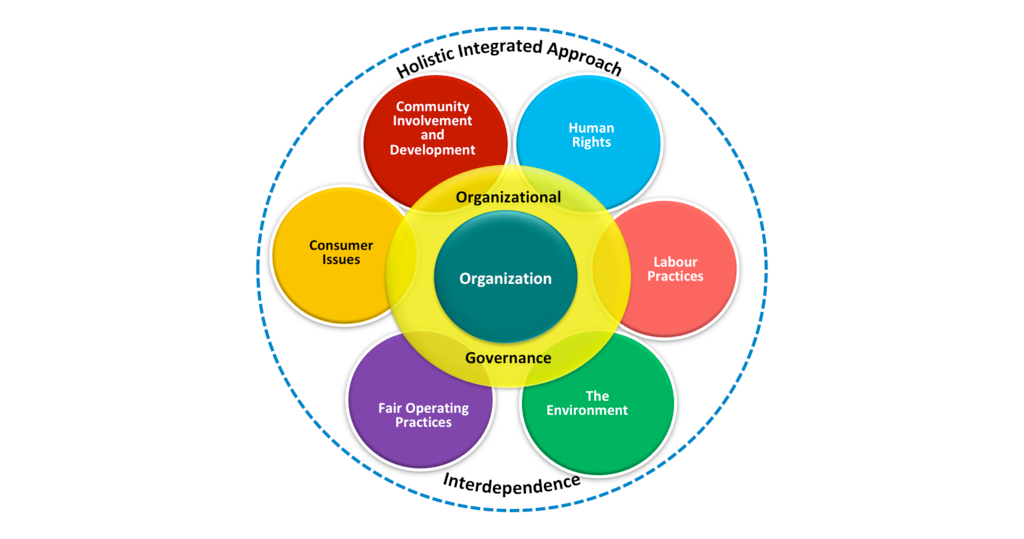
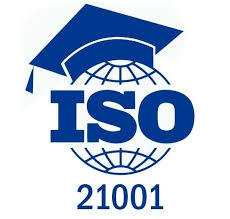
ISO 21001 Educational Organization Management System Certification
What is quality management according to ISO 21001?
The international standard ISO 21001:2018 describes the requirements for a management system for educational organizations (EOMS) and spotlights the most important asset of your educational institution – the provision of education itself. ISO 21001 focuses on the actual learning needs and requirements of learners, the development of appropriate content and offerings, and the evaluation of outcomes.
ISO 21001:2018 was published by ISO in May 2018 and replaced the previous standard for the education and training sector ISO 29990:2010.
What are the benefits of ISO 21001 certification?
After certification, you can expect to see an improvement in internal management and the emergence of a specific USP (Unique Selling Proposition). This in turn can lead to increased sales and reduced costs. ISO 21001 certification also provides assistance in understanding leadership and strengthening the overall corporate culture.
Furthermore, the focus is on learning success, professional personnel management and sustainable knowledge management. The certification also offers support in optimizing and stabilizing the processes of an audit. Further benefits of the internationally recognized standard are:
- Development of service processes and a service offering according to the actual needs of your learners
- Increase in product safety and reduction of product liability risk
- Assistance in conceptualizing new business ideas and business plans
- Access to new markets, new knowledge and new partnerships
- International comparability of the management systems of different providers in the education industry
ISO 22301 - Business Continuity Management System
What Is ISO 22301?
In the event of an emergency, many businesses and organizations must have the ability to mitigate damage and continue operating. ISO 22301 is the international standard for Business Continuity Management (BCM). Published by the International Organization for Standardization, ISO 22301 is designed to help organizations prevent, prepare for, respond to and recover from unexpected and disruptive incidents. To do so, the standard provides a practical framework for setting up and managing an effective business continuity management system. ISO 22301 aims to safeguard an organization from a wide range of potential threats and disruptions.
This standard may be right for your organization if you need to demonstrate to stakeholders that your organization can rapidly overcome operational disruption to provide continued and effective service.
Around the world, many countries have legislation in place to define the emergency planning responsibilities of organizations. Those responsibilities often include the implementation of Business Continuity Management. As a result, ISO 22301 certification should be considered essential to any organization legally required to engage in contingency planning, including utilities, transport, health and essential public services. Whether you need to implement the standard to remain in compliance with industry regulations or not, pursuing ISO 22301 certification can help your organization develop resiliency and improve risk management.
“The rigour of a certified management system has sped up the process and ensured that we have been able to deliver what our clients need: an uninterrupted service.” E.L.F.S

Good Manufacturing Practice (GMP)
Increase customer confidence in the safety of your food products.
Modern consumers want confirmation that foods, beverages and pet foods are safe to buy.
The Good Manufacturing Practices (GMP) certification scheme provides independent verification that basic manufacturing practices and prerequisites are being followed in accordance with an effective Hazard Analysis Critical Control Point (HACCP) food safety program. Good Hygienic Practices are also a key element of the CODEX General Principles of Food Hygiene.
GMP certification can be applied to all operators in food, ingredient or pet food supply chains – from production and packaging to retail, logistics and storage.
What are the benefits of GMP certification?
GMP certification demonstrates to customers your commitment to producing and trading safe food while confirming regulatory compliance. It creates a foundation upon which you can develop and implement other quality and food safety management systems, helping you to differentiate your products and services in a competitive marketplace.
Why choose ACS GMP solutions?
We offer comprehensive GMP auditing and certification solutions to manufacturers around the world. Utilizing our global network of specialists, we will support you in implementing and verifying GMP compliant processes that demonstrate your commitment to supplying safe foods, beverages and pest foods to global markets.
